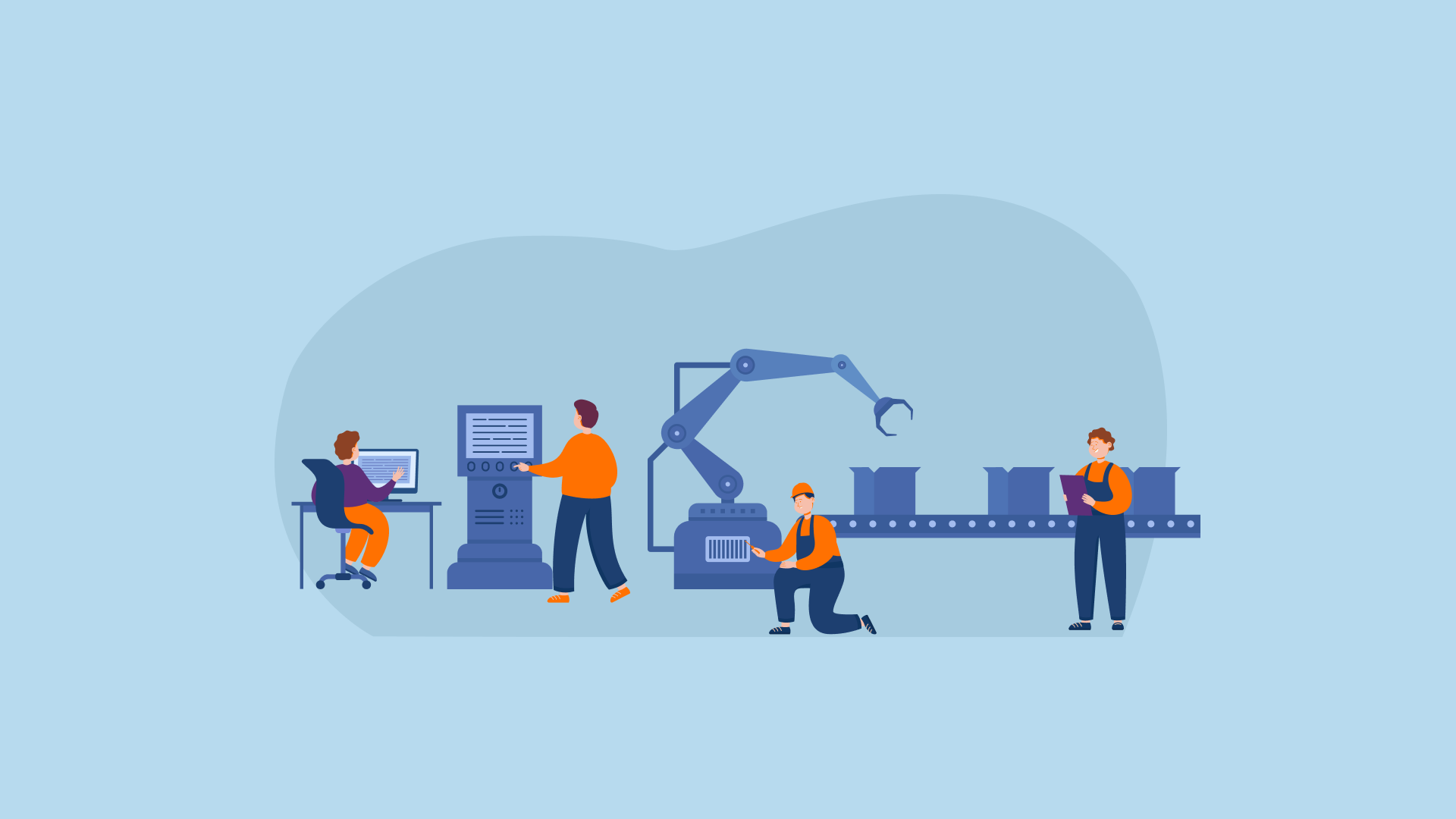Why Consider a Career Change as a Plant Operator?
Working as a plant operator often provides solid pay, job stability, and hands-on experience. But over time, many professionals in the field start to feel stuck.
The reasons for considering a career change vary. Some want to reduce physical strain, others seek more advancement opportunities, or better work-life balance.
- Physically demanding work is one of the top concerns. Plant operators often face long shifts, loud environments, and exposure to hazardous materials or extreme conditions. Over the years, this can take a toll. According to the U.S. Bureau of Labor Statistics, the manufacturing sector, which includes plant and system operators, reported an injury and illness incidence rate of 2.8 cases per 100 full-time workers in 2023 .
- Limited upward mobility is another issue. While some operators move into supervisory roles, others hit a ceiling without additional certifications or education. And as automation increases, certain plant operations are becoming less reliant on manual roles and more dependent on tech-savvy talent.
- Technology is reshaping the industry. Operators who are comfortable with control systems and instrumentation may find themselves in high demand across industries, but only if they upskill. For example, someone familiar with SCADA systems or PLCs (programmable logic controllers) could pivot into roles like automation technician or process control specialist.
- Job market trends also support change. Manufacturing, logistics, and renewable energy are rapidly growing sectors that actively seek individuals with mechanical aptitude, systems thinking, and on-the-ground experience. For instance, the U.S. manufacturing industry alone is expected to have over 2.1 million job openings by 2030, many of which require exactly the kind of skills plant operators already possess.
Transferable Skills Plant Operators Bring to New Careers
Many operators underestimate just how versatile and valuable their experience is, especially in today's job market, where hands-on technical knowledge, safety awareness, and digital proficiency are in high demand.
If you’re considering a career shift, here are some core strengths from your current role that can give you a head start in a new direction:
1. Technical and Mechanical Aptitude
Operating and maintaining complex machinery builds a deep understanding of mechanical systems. From calibrating controls to troubleshooting mechanical failures, operators know how to keep processes running smoothly.
This hands-on skill set demonstrates reliability, precision, and the ability to work with advanced equipment, traits that translate well across industries.
2. Problem-Solving and Critical Thinking
When systems malfunction or alarms go off, operators are often the first line of response. They’ve learned to stay calm, assess the issue, and take decisive action.
These critical thinking abilities and real-time decision-making skills are valued in any environment where performance, safety, and efficiency are on the line.
3. Safety Awareness and Regulatory Knowledge
Years spent working in regulated environments equip operators with an innate understanding of safety protocols, risk mitigation, and compliance standards.
Familiarity with OSHA guidelines, lockout/tagout procedures, and environmental regulations means operators bring a mindset focused on prevention, awareness, and responsibility.
4. Digital Systems Proficiency
Modern plant operations require the use of SCADA systems, programmable logic controllers (PLCs), and computer maintenance management systems (CMMS).
Operators’ comfort with digital tools and interfaces reflects a growing fluency in tech-driven processes, making them well-suited for increasingly automated workplaces.
5. Communication and Team Coordination
Operators often act as the communication bridge between engineers, supervisors, and technical teams. They're used to logging events, reporting incidents, and collaborating during shift handovers.
These interpersonal skills are crucial in roles like shift supervisor, project coordinator, or customer-facing technical roles, where teamwork and clear communication are key to success.
Plant operators who take stock of these transferable skills often find that they’re more prepared for a career pivot than they initially believed.
The next step is identifying the right path, and we’ll explore those options in the next section.


























